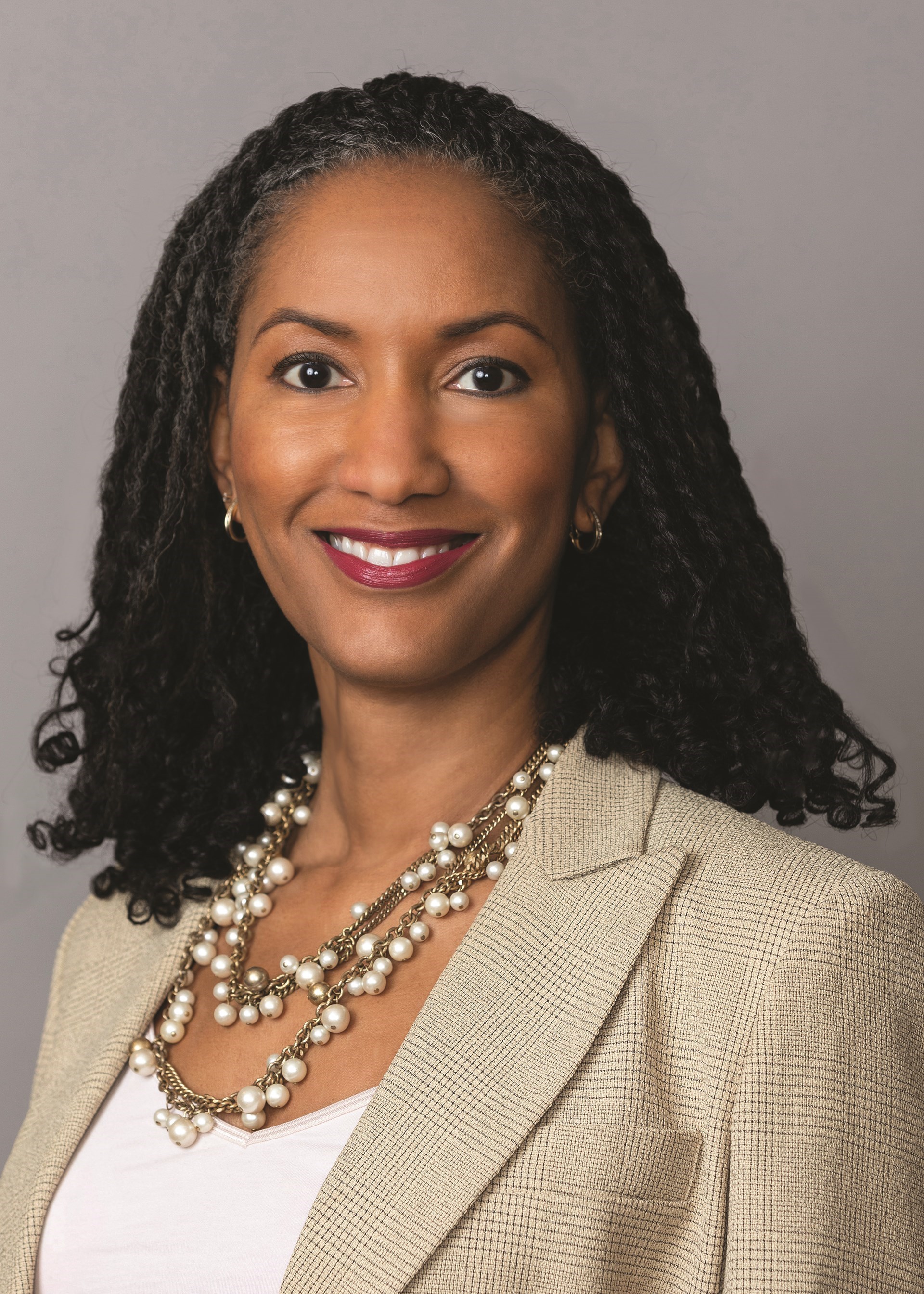I have always loved to read Greek mythology. These are sprawling epics that use melodic language and have huge casts of fascinating characters. While much of their appeal comes from their ancient and otherworldly qualities, I often reflect upon how certain elements of these tales metaphorically appear in our world today—in particular, via surgeons who play the roles of healer and teacher at the periphery of war.
One of my favorite characters from Greek mythology is Chiron, a centaur who is unusually refined, mild-mannered, and intelligent. He is a teacher of medical skills who often tutors heroes, including Jason, protagonist of Jason and the Argonauts; Peleus, the father of the nearly undefeatable warrior Achilles; and Asclepius, a mythical human characterized as the father of medicine. He also appears at the margins of many myths about war. When Bellerophon is injured in a fight, for instance, he goes to Chiron’s home for care. In The Iliad, warriors use Chiron’s medical teachings to heal others. En route to retrieve the golden fleece, Jason uses the healing skills he has learned from Chiron.
The presence of Chiron throughout these stories illustrates that what was true in Greece in the 8th century BC is still true today: the work of medical professionals is essential to the success of soldiers, and important insights into surgery can arise via the special and sometimes unavoidable circumstances of war.
These truths have been borne out over a long history. Physicians on the battlefields of the American Civil War created the first iterations of the trauma systems we still use today. Military surgeons, who gain insight by practicing under unique high-pressure circumstances, have since helped develop multiple surgical disciplines, including orthopaedic surgery, vascular surgery, burn care, and more. That tradition continues through military-civilian partnerships that offer training and foster surgical innovations today.
The ACS is part of that work through our Military Health System Strategic Partnership American College of Surgeons (MHSSPACS), a partnership of the ACS and the US Department of Defense Military Health System that was launched in 2014 to improve surgical quality via organizational collaboration. USAR Major General (Retired) Jonathan Woodson, MD, MSS, FACS, MG, MC, the current president of the Uniformed Services University of the Health Sciences, has said, “The partnership has been wildly successful.” I would agree. The positive outcomes have been many. Through a collaboration with the Uniformed Services University of the Health Sciences, the MHSSPACS has created the Military Clinical Readiness Curriculum, a free online course designed to improve the trauma surgery skills of both deployed military surgeons and general surgeons operating in civilian settings, particularly rural ones. (See the sidebar for details on what the course includes and how to access it.)
The success of the partnership extends beyond education, in that the MHSSPACS has also helped the ACS advocate for MISSION ZERO legislation. This federal law, which was passed in 2019, aims to reduce preventable civilian trauma deaths and increase military readiness for deployment through a US Department of Health and Human Services grant program that covers the administrative costs of embedding military trauma professionals in civilian trauma centers in the US. The program received $2 million in funding in fiscal year 2022, in part due to our advocacy efforts. ACS Quality Programs are now being implemented in scores of military treatment facilities as well.
Finally, the strategic partnership has breathed new life into the ACS’s long-standing military interest group. In 1945, returning service members united to form the College’s Excelsior Surgical Society in response to their World War II experiences. Annual meetings persisted until the death in 2008 of Michael E. DeBakey, MD, FACS, the legendary cardiovascular surgeon, who was the last surviving member to have served in WWII. But since 2014, the MHSSPACS has reinvigorated the Society as a home within the ACS for surgeons who are active, veteran, or reserve military members, as well as any surgeons interested in the overlaps of military and civilian surgery. The group provides support for surgeons transitioning from the military to civilian practice, as well as an opportunity for surgeons to contribute to ACS efforts in military surgery. I urge all interested surgeons to join.
Asked about Greek mythology on warfare, Dr. Woodson quoted Hippocrates, the Greek physician who lived from about 460 to 370 BC: “He who wishes to be a surgeon needs to go to war.”
While my personal experience with military medicine may be confined to a love for Greek mythology, it is clear to me that military insights are a part of the foundation of surgical care. I applaud all who, like the fictional Chiron and real-life Hippocrates, share their skills and insights with others through teaching, mentorship, and advocacy. To the surgeons who have served their country, on behalf of the entire ACS, I thank you, sincerely, for your service.







